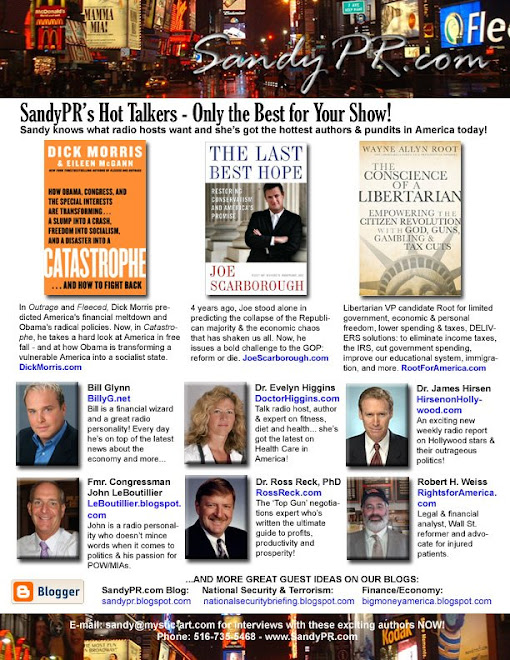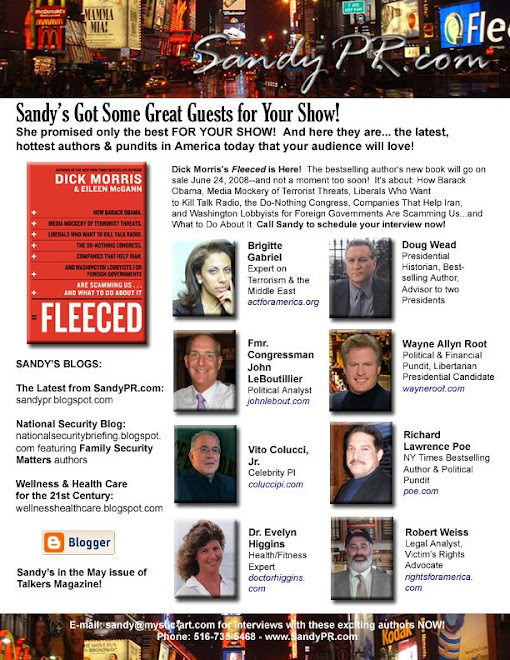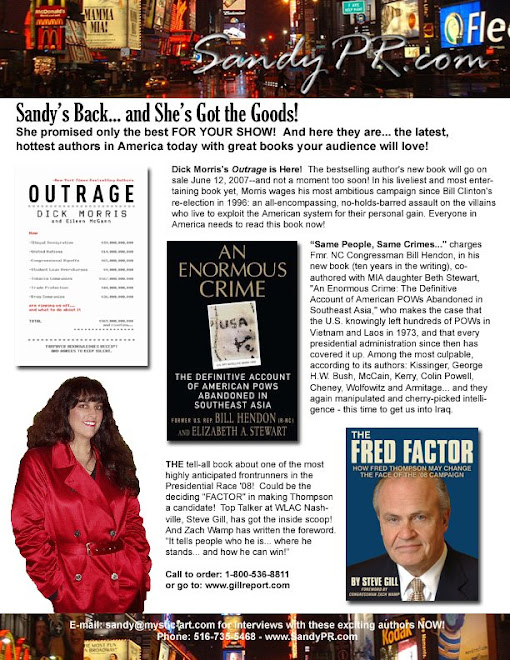|
|
|
|
|
|
America Transformed: The
Rise and Legacy of American Progressivism
By Ronald J. Pestritto
America's premier scholar of the Progressive movement, Ronald J. Pestritto has a new book out this week: America Transformed: The Rise and Legacy of American Progressivism: Pestritto, that is "a definitive - and accessible - account of how the rejection of America's founding principles in the name of 'progress' is responsible for the decline of American governance over the last century."
The America of the modern administrative state is not the America of the original Constitution. This transformation comes not only from the ordinary course of historical change and development, but also from a radical, new philosophy of government that was imported into the American political tradition by the Progressives of the late nineteenth century.
The new thinking about the principles of government - and open hostility to the American Constitution - led to a host of concrete changes in American political institutions. Our government today reflects these original Progressive innovations, even if they are often unrecognized as such because they have become ingrained in American political culture.
In America Transformed, you'll learn:
· How rule by experts today (the pandemic, in particular) is connected to Progressive thought;
· What the connection of today's Left is to the original Progressives;
· How Progressives built the administrative state that governs us today;
· How modern jurisprudence reflects Progressive philosophy; and
· How Progressives introduced the idea of limitless government into the American political tradition.
America Transformed shows the nature of the changes made by the Progressives, both in principles and in the nuts and bolts of governing. It also shows how progressivism was often at the root of critical developments subsequent to the Progressive Era in more recent American political history - how it was different from the New Deal, the liberalism of the 1960s, and today's liberalism, and also how these subsequent developments could not have transpired without the ground laid by the original Progressives.
ABOUT THE AUTHOR: Ronald J. Pestritto ("RJ") is Graduate Dean and Professor of Politics at Hillsdale College, where he teaches political philosophy, American political thought, and American politics, and holds the Charles and Lucia Shipley Chair in the American Constitution.








